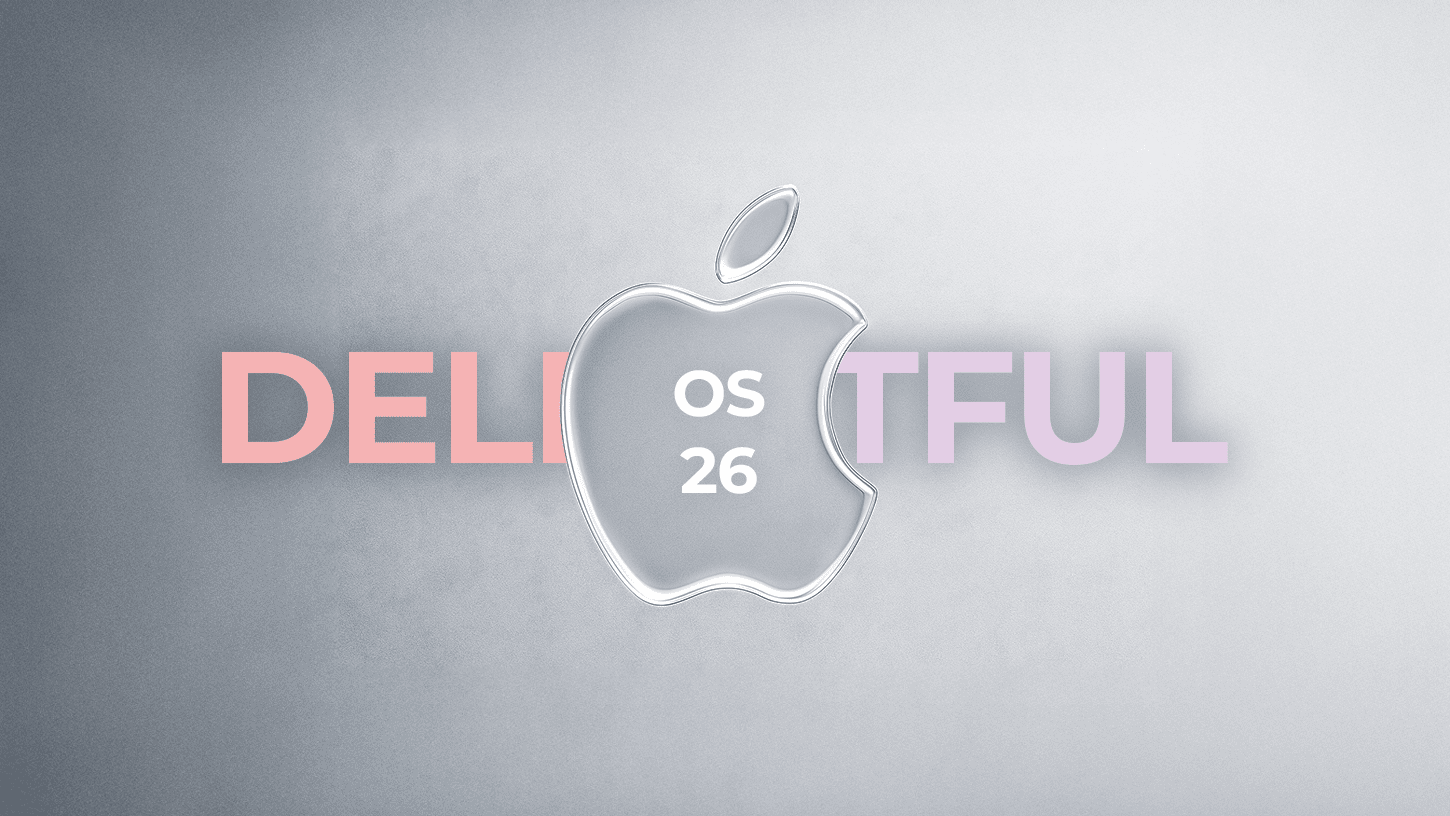Global Privacy at Risk? The UK’s Push for an iCloud Backdoor

In a move that has reignited the global debate over encryption and government surveillance, the UK government has reportedly pressured Apple to introduce a backdoor into its iCloud encryption. This demand raises serious concerns about the future of digital privacy, not just for UK citizens but for users worldwide. If Apple concedes to such requests, what precedent does this set for other governments? And what does it mean for the integrity of end-to-end encryption, a fundamental pillar of modern digital security?
The UK’s Stand on Encryption and Surveillance
The UK government has long advocated for increased surveillance capabilities, citing national security and crime prevention as key justifications. The Investigatory Powers Act (IPA) often dubbed the “Snooper’s Charter” grants law enforcement broad access to user data. However, Apple’s recent rollout of fully encrypted iCloud backups has frustrated UK authorities, who argue that such security measures make it difficult to track criminal activity, including terrorism and child exploitation.
With this latest push, the UK is attempting to force Apple to provide a backdoor mechanism, allowing government agencies to decrypt and access private user data stored in iCloud. Apple has historically resisted such requests, emphasizing that encryption is designed to be secure for all users without exceptions.
The Global Domino Effect
While the UK is leading the charge, its actions could set a dangerous global precedent. If Apple concedes to the UK’s demands, other governments will likely follow suit, citing similar national security concerns. Countries with less democratic oversight such as China and Russia may seize this as an opportunity to expand digital surveillance under the guise of crime prevention.
The implications could be far-reaching:
- A Race to the Bottom: If Apple creates a backdoor for the UK, it would be difficult to deny similar requests from other governments, leading to weakened encryption worldwide.
- Corporate Compliance Dilemma: Tech giants like Google, Microsoft, and Meta may face similar pressure to introduce government-accessible backdoors, fundamentally altering user expectations of digital privacy.
- Chilling Effect on Free Speech: If governments gain the ability to decrypt communications at will, journalists, activists, and whistleblowers could be at heightened risk, especially in authoritarian regimes.
- Cybersecurity Risks: Encryption backdoors don’t just grant government access they also create potential vulnerabilities that hackers and malicious actors could exploit.
Apple’s Stance and the Ongoing Encryption War
Apple has consistently taken a pro-privacy stance, refusing to create backdoors even when under pressure from powerful governments. In 2016, the company famously declined to unlock the iPhone of the San Bernardino shooter, arguing that doing so would compromise security for all users.
However, the UK’s latest demand puts Apple in a difficult position. If it refuses, it could face legal action or restrictions on its services in the UK. If it complies, it risks eroding public trust and inviting similar demands from governments worldwide.
What This Means for Users
For everyday users, this battle is about more than just Apple it’s about the future of global digital privacy. If encryption is compromised, personal data from private messages to financial records could become more vulnerable to government scrutiny, corporate misuse, and cybercriminal exploitation.
Users concerned about privacy should:
- Stay Informed – Follow developments in encryption laws and corporate policies.
- Use Alternative Security Measures – Consider decentralized storage and self-hosted encryption options.
- Advocate for Strong Privacy Laws – Support organizations that fight for digital rights, such as the Electronic Frontier Foundation (EFF) and Privacy International.
The Bottom Line
The UK’s demand for an iCloud backdoor is not just a national issue but a global turning point in the privacy vs. security debate. If Apple caves, it could mark the beginning of widespread government access to encrypted data, setting a precedent that undermines privacy protections worldwide.
With governments pushing harder for surveillance capabilities, the question remains: Will tech companies continue to stand firm in defense of user privacy, or is the era of true digital security coming to an end?






